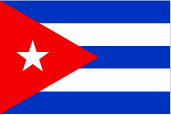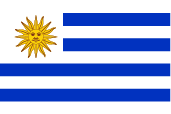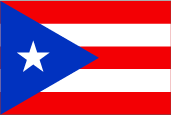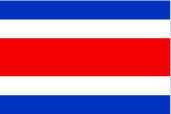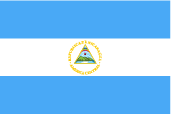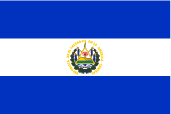Community ReinvestmentYou may review our current CRA Public File, it incldues the public section of our most recent CRA Performance Evaluation prepared by the Office of the Comptroller of the Currency (OCC) and provides detailed information about our services and our efforts to serve the public and the communities where we operate. Interamerican Bank's CRA Public File - 2024 Privacy & SecurityInteramerican Bank does not share your personal information with anyone for financial gain or marketing purposes. As needed, we may use your data to provide financial services to you, only as permitted by law. We care about your Privacy and Security. Threats, such as theft or data held for ransom, may be perpetrated by domestic or foreign hackers. They continually develop malicious methods to compromise authentication mechanisms and gain illegal access to customers’ online accounts. We want to help you protect your online account and transaction information. For that purpose, we provide security awareness information below for your use and action. WE WILL NEVER ASK YOU TO PROVIDE ANY OF YOUR ACCESS INFORMATION SUCH AS USER NAME, PIN, PASSWORDS OR CARD SECURITY CODE. If you believe your online credentials or means of accessing your account have been compromised or your card is lost, stolen or used without authorization, contact us immediately or contact the fraud center at 1-800-554-8969, there you will be able to disable your card. You may also call us at (305) 223-1434 during business hours. Beware of Identity TheftIdentity Theft is a crime in which an imposter obtains key pieces of a person's information such as Social Security Number, driver's license numbers or other such items and uses it for their personal gain. This can include obtaining credit, goods, services, money, or property and selling this information to others. Preventing Identity Theft and Account FraudA common scam may be a Text message from your bank, asking to reply Yes or No to confirm a certain transaction, once you reply No, a second automated message will inform that your account is now locked, requesting your account PIN to unlock the account. These are a few of the ways you can safeguard your identity or account:
|

